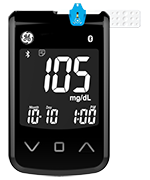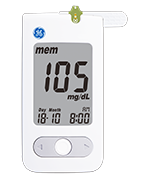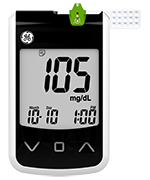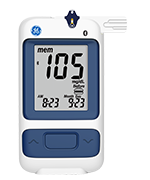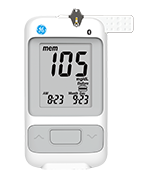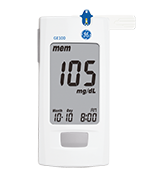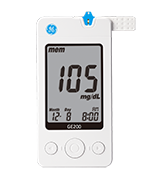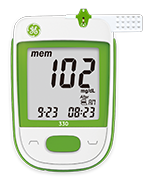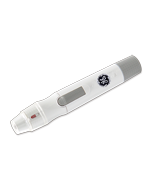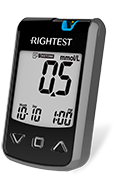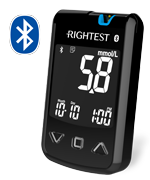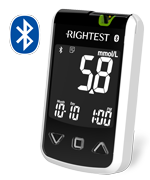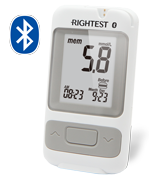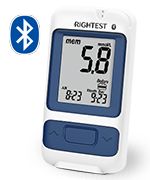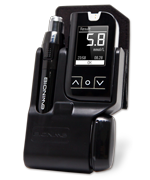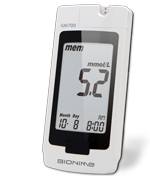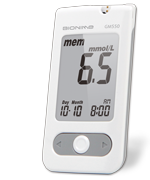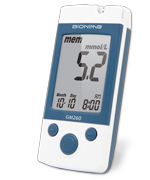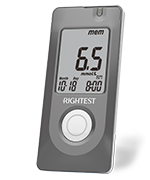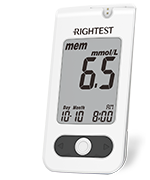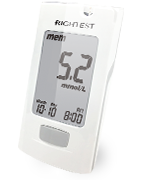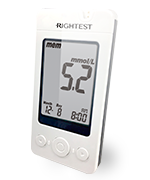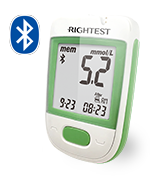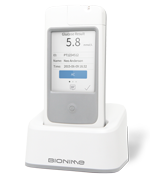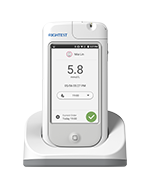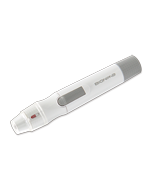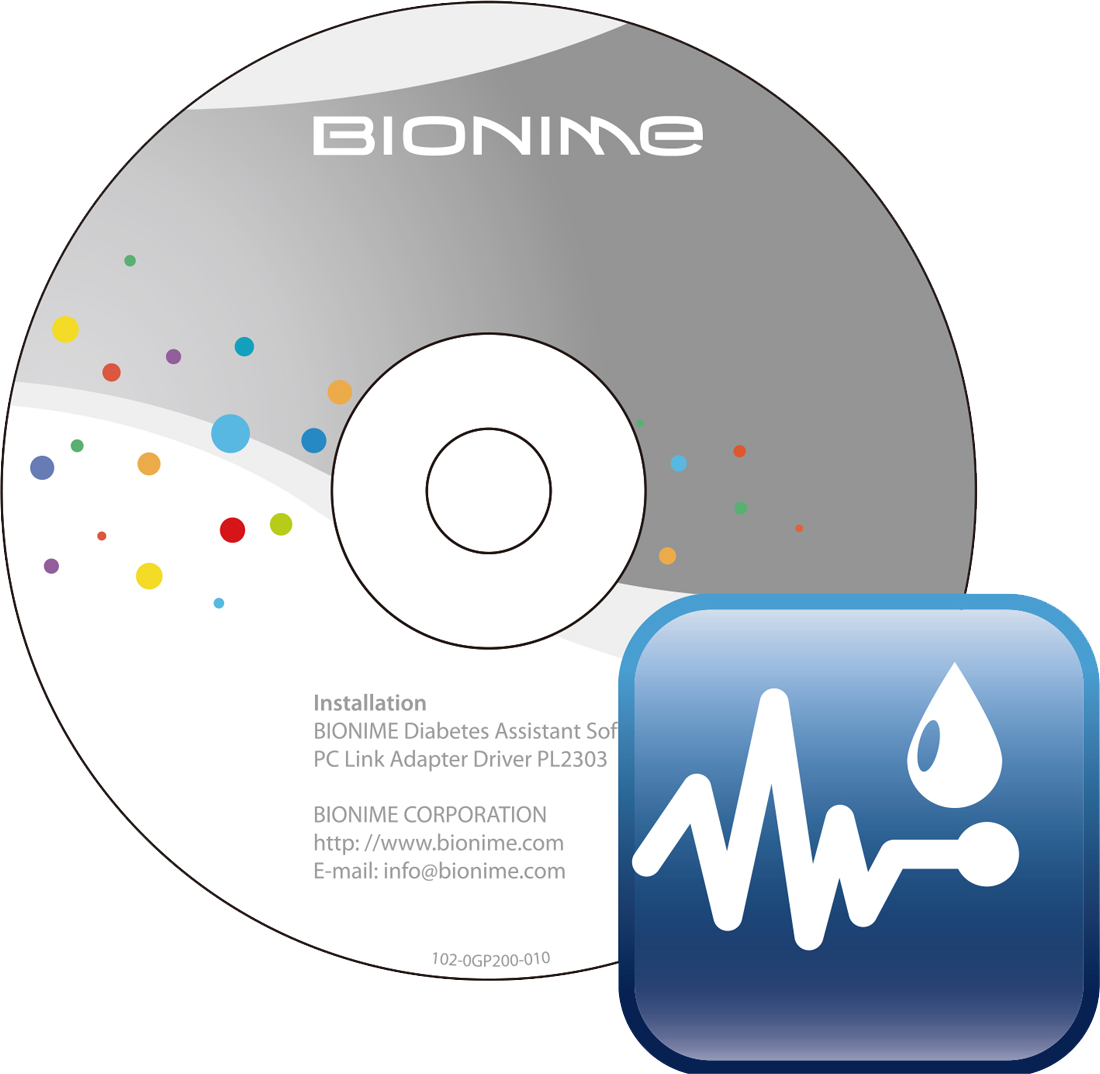Bionime Rightest Series Do Not Use GDH-PQQ
Bionmie RightestTM Series Do Not Use GDH-PQQ
Bionmie RightestTM Series Do Not Use GDH-PQQ, the Enzyme that FDA Issued a Public Health Notification on Potentially Fatal Errors with Glucose Monitoring Technology
August 19, 2009 -Bionime today announced that its RightestTM Series Blood Glucose Monitoring Systems, DO NOT USE GDH-PQQ Technology. The FDA(Food and Drug Administration) issued a Public Health Notification on Potentially Fatal Errors with GDH-PQQ Glucose Monitoring Technology on August 13, 2009. The list of GDH-PQQ test strips and their associated meters is as below hyperlink.
https://www.fda.gov/MedicalDevices/Safety/AlertsandNotices/PatientAlerts/ucm1771890.
htm
#attachment
It is important for you to know that Bionime RightestTM Series Blood Glucose Monitoring Systems, DO NOT USE GDH-PQQ Technology, and as such are not subject to the issues addressed by this FDA Notification. GOD, FAD-GDH, and GDH-PQQ are three common enzymes that are used for the blood glucose meter. All of Bionime's Glucose Monitoring Systems use GOD to develop the Patented Technology Test Strips. The excellent test results of our series blood glucose monitoring system get a lot of attentions from the well-known Journals, such as Analytical Chemistry, Clinical Chemistry, Clinica Chimica Acta...etc.
In the recently issued Patient Alert, the FDA provides the following important information for Diabetic Patients and/or caregivers regarding these serious errors with certain Blood Glucose Monitoring Test Strips.
Advice
NEVER use GDH-PQQ* glucose meters or test strips if you are using drug products or therapies that contain certain sugars other than glucose.
*GDH-PQQ stands for glucose dehydrogenase pyrroloquinoline quinone
• Diabetic patients who receive drug products or therapies containing certain sugars other than glucose could experience serious, although rare, injuries if they use blood glucose meters with a particular type of test-strip technology. Strips that use this technology, known asGDH-PQQ,will react with certain non-glucose sugars, including maltose, galactose and xylose,and produce a falsely high (elevated) result. If a diabetic patient then takes too much insulin because of this falsely high result, it could lead to abnormally low blood sugar (hypoglycemia), coma, or even death.
Certain patients may be more likely to be using drug products or therapies that contain other sugars, including those who:
• are on peritoneal dialysis
• have recently had surgery
Glucose test strips other than the GDH-PQQ type are not affected by this problem, and can be used by patients taking drug products or therapies that contain non-glucose sugars".
To read the complete notice, go to:
https://www.fda.gov/MedicalDevices/Safety/AlertsandNotices/PatientAlerts/ucm177189.htm


